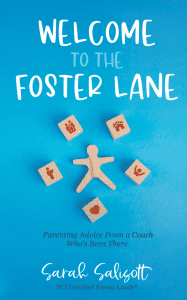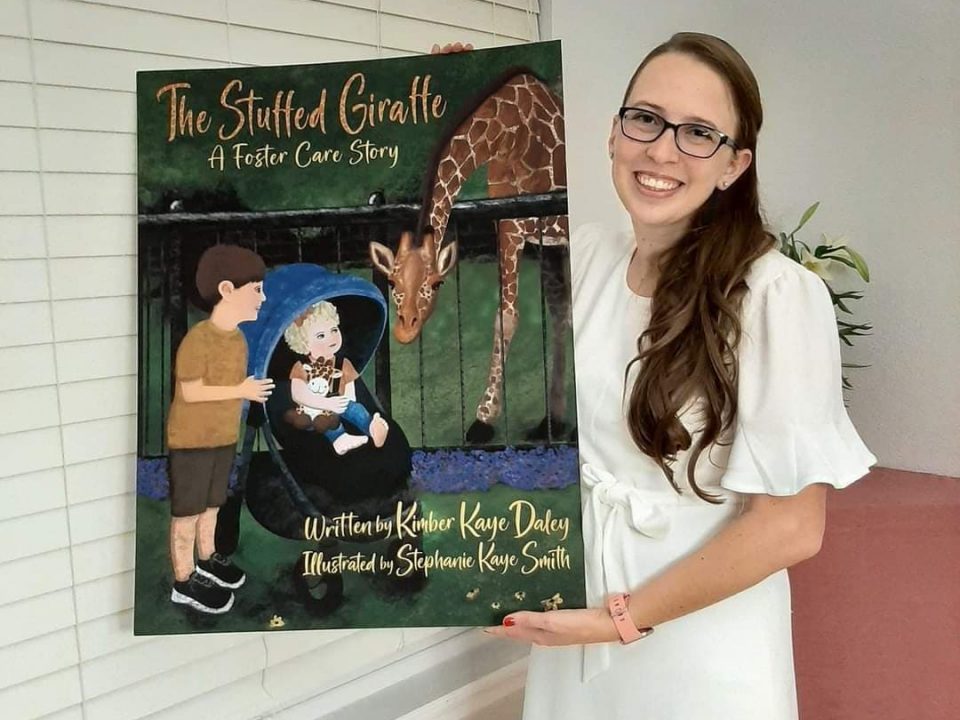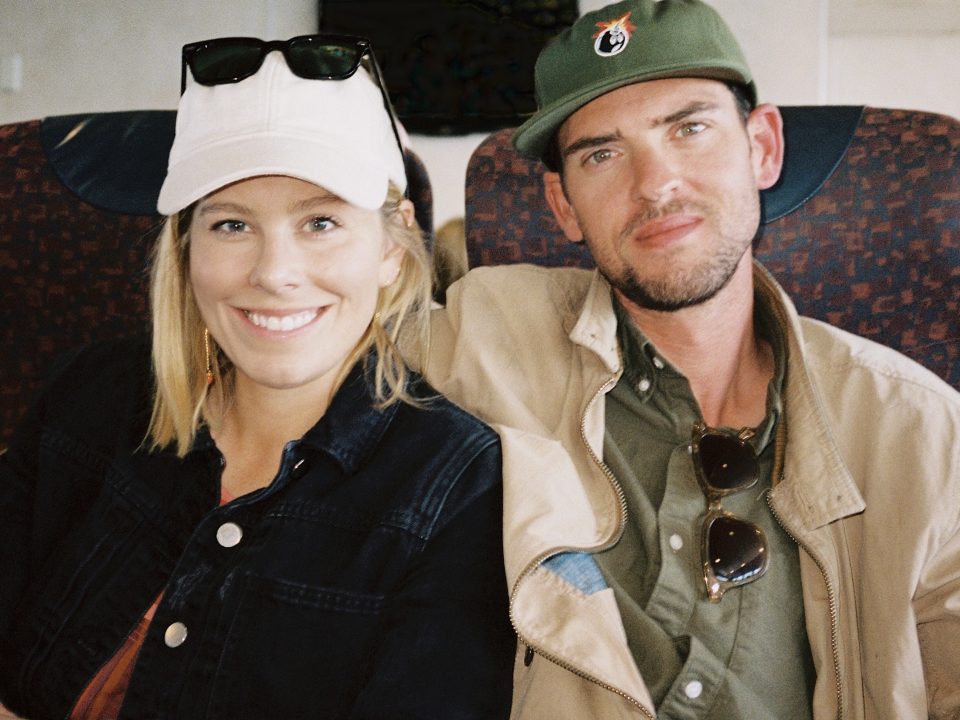
Busy foster parents (and parents of all kinds), rejoice! Looking for a quick easy-to-read (as in it may be the first book you actually finish this year) parenting book? Look no further! Sarah Salisott is a certified parent coach who is offering up wisdom, understanding, and some support in her new book, Welcome to The Foster Lane: Parenting Advice From a Coach Who’s Been There. From the anxiety of finding resources for a child to the stress of finding support as a new parent to learning how to co-parent, she’s been there! She is not just preaching from the stage, she’s in the trenches of parenting kids who have experienced trauma. She knows parenting is tough; parenting kids who have survived hard things can feel insurmountable.

Sarah acknowledges that there isn’t a lot of help out there for foster parents to learn about being better parents to the kids in their homes. “There’s not a lot that is digestible with kids in the home.” Five years ago, Sarah was going through the process of becoming a licensed foster parent. It started out smooth, all the exciting things you anticipate – getting the home ready, receiving the license, getting that first phone call, saying yes. But when parenting doesn’t look like you expect it to, it can be devastating. For Sarah, the child in her home had an incredibly high level of need. She advocated and fought for resources, support, and education. The response, “figure it out.” Sarah felt like she needed to be armed for battle. She needed to advocate for her kid and for herself – before the crisis came.
After that first child left her home, Sarah was resolute, “this will never happen again.” She started blogging. Doing every training she could get her hands on. By the time another child entered her home, Sarah had read over 1,500 hours of content. Needless to say, she surpassed her needed hours of continuing education for relicensure. She now relates becoming a foster parent to moving to a new country where you don’t know the language or the culture. You are all by yourself. How do you feel? How do you navigate this unknown territory? When do you give up?
Thinking about all that she had learned, she knew she had to do something. Her licensing worker told her, “share this!” That inspired her to become a certified parent coach. She now shares all the things that she wished someone would have told her in preservice training – sparing new foster and adoptive parents grief and frustration in not knowing where to look for support, feeling so isolated and alone. And she wants you to know that too! You are not alone. You are not alone in your struggles or your successes. Being a foster or adoptive parent can be isolating. Invitations eventually stop coming from family and friends that may not fully understand why you have to parent differently or why a kid isn’t behaving the way they think they should. Support may run out – not because friends don’t want to support you, but because they don’t always know how. “You need to be a strong person to be a foster parent; you also need a strong support system.” That’s why it can be so important to build a community of people who get it – other foster parents or adoptive parents. Luckily, even if you don’t know any other foster or adoptive parents yet, there are many virtual spaces that you can connect in. It can be refreshing to have somewhere that others can relate to you and your needs, why you look and sound and feel different from other families.

“Our culture loves to try to fix things, quickly. And that culture is where the needs of kids with trauma often fail to be met.” For Sarah, her daughter came into their home at the age of 16. At the time of adoption, having been in foster care for eight years, she had experienced a lot of trauma. Adoption didn’t magically fix everything. Still, the world wanted to see her as a young adult rather than a kid who had experienced a lifetime of trauma. That led to frustration. Her daughter felt like she was coming up short, constantly failing to meet expectations. Sarah needed to help her navigate that. To hold space for her to “explore and express [her] emotions: the good and the bad.” Holding space permeates everything. Parents are always juggling. There are glass balls and there are plastic balls to juggle, Sarah says. “You have to decide what is glass and what is plastic.” What can you let go of? Hold on to the glass and then pick up the plastic balls when you can. And offer grace, grace, grace.

That’s why the support of a foster care community is so crucial. Remember that metaphor of moving to a new country? Well, you need other people who have been there before to help you learn to navigate. In the foster care system, there is a new language, system, people, culture, and expectations. Just like if you moved to a new country, you need to have supports in place, people who get it. That’s how you can survive – and thrive. Plus, Sarah adds that she recommends the “dual support of therapy and parent support groups.” Look around for the support that already exists in your church, community, neighborhood. Look to your family, friends, and the professionals you are already connected to. Once you’re established, explore other areas of support. “You need support in exploring more support” because finding new ways to connect can be strange and cause a little anxiety.
Want to hear more from Sarah? Order Welcome to The Foster Lane on Amazon or check out The Foster Lane
Looking for some of the supports that Sarah talks about? Well, we’d love to connect with you! Email [email protected] and our staff will be in touch with you soon.



